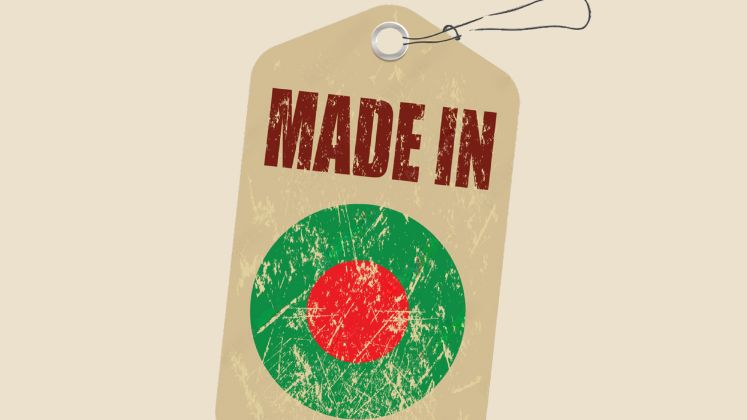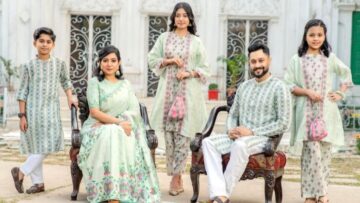Over the years, Bangladesh’s trims and accessories industry has undergone significant transformation. The country now boasts thousands of high-quality trims and accessories manufacturers offering a diverse range of products. Additionally, numerous international companies operate in Bangladesh, establishing robust manufacturing and marketing operations. As the industry has grown, many RMG (readymade garment) exporters have also ventured into producing trims and accessories, both for their own use and for supply to others.
Although RMG exporters still use some imported trims, this reliance has decreased and is expected to continue declining. An increasing number of RMG exporters are opting for ‘Made in Bangladesh’ trims and accessories because local products now meet global quality standards, cost roughly the same as imported ones and offer shorter lead times. These factors have been crucial in driving the shift towards locally produced trims and accessories.
In discussion with Apparel Resources (AR), RMG exporters shared that out of their total usage of trims and accessories, an average of around 15 per cent – 20 per cent is imported, while the remaining is locally sourced. Previously, the percentage of imported trims was around 30 per cent to 35 per cent.
“In the last few years, Bangladesh has seen an increase in big trims and accessories manufacturing companies being nominated by major brands. And the increased local manufacturing of trims and accessories has led to a decrease in the use of imported trims over the years,” observed Sanjeev Kumar, Director – Marketing, Ajax Sweater Ltd., (FLOREAL Bangladesh which is a part of CIEL Group).
Echoing similar opinion, Maheer Mannan, Deputy Managing Director, Shangu Tex shared that earlier fancy trims were one of the major imported products but now they are easily available in Bangladesh. He added, “Currently we are importing only some specific RFID tags and security tags on the recommendation of buyers, and going forward, as overseas companies offering such products will grow strongly here, the import will be shrinking further.” Shangu Tex, having an annual export of US $ 35 million, focuses on light woven products like shirts and tops and it is also going to expand its capacity further.
Exporters also shared that local trims manufacturers have a clear understanding that from RMG exporters to buyers, everyone is under pressure and there is no scope for further price hike, so trims companies are becoming price-sensitive.
It is pertinent to mention here that RMG manufacturers encounter various challenges such as courier and air freight costs, lead time issues and inventory problems that require time for resolution. The improved availability of locally-made quality trims is a good option against such challenges, therefore they are preferred by manufacturers.
While comparing the availability, quality, pricing and design innovations of locally made trims and accessories with imported ones, it can be seen that local trim manufacturers are already doing a great job since their quality and prices are better or at par with the imported ones.
Due to these mentioned reasons, the majority of buyers’ preferences are also toward Bangladeshi trims. Sanjeev underlined that most of his clients prefer local manufacturers as they help reduce carbon emissions and promote a sustainable culture, with superior quality, pricing and lead times offering additional benefits.
An important factor here is that the number of overseas companies, having manufacturing in Bangladesh, are also on the rise which is a winning scenario for these companies as well as RMG exporters. Due to local manufacturing and lower lead times, issues regarding imports are eliminated.
Even in the case of local trims having slightly higher costs, RMG exporters prefer to locally source the same rather than import as it helps them avoid custom-related issues.
In-house production of trims and accessories by the top RMG groups not only offers them an advantage in terms of cost but also gives more control over timely production and better quality since many large groups have their own trims and accessories manufacturing units. However, even though RMG exporters don’t have such an advantage, it doesn’t impact them as much since local trims manufacturers are quite agile and provide reliable services to cater to these exporters.
“With our own manufacturing of nearly all types of trims and accessories, the major benefit is saving lead time as we can save almost one month in comparison to the import of similar products and this time saving is highly crucial,” informed Md Ramjan Ali Shaikat, GM, Merchandising and Marketing of Chorka Textile Ltd., and Chorka Apparels Ltd., (PRAN-RFL Group). The company has a knit composite set-up and is a known name in lingerie manufacturing.









